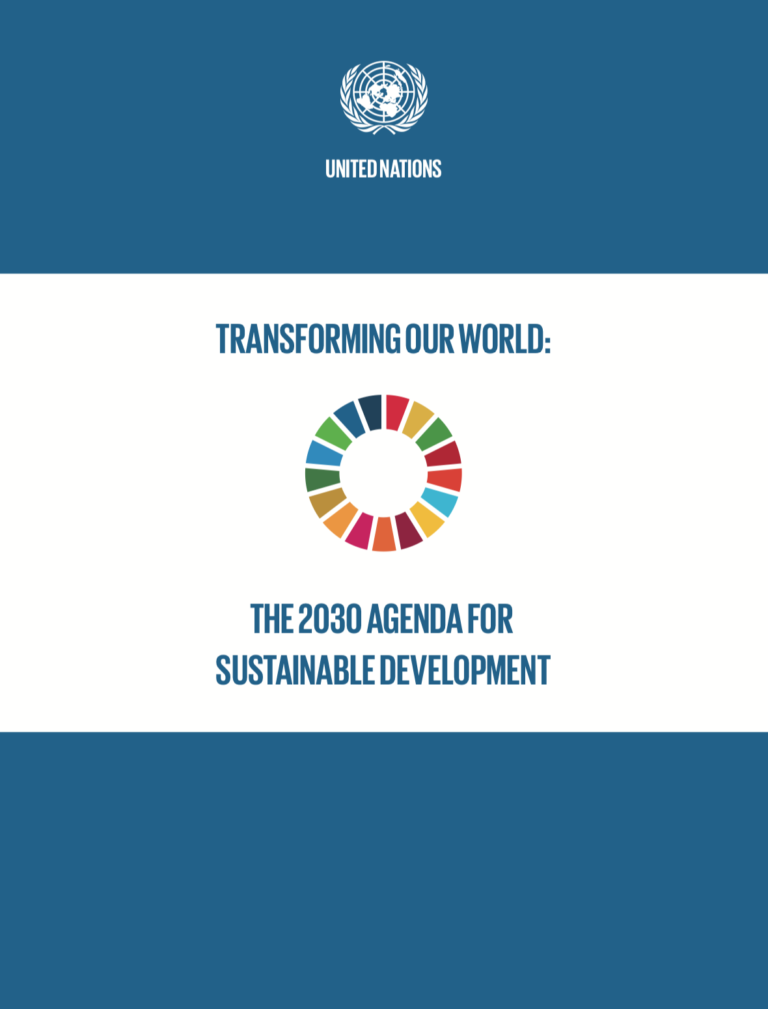Mapping of Protection Services for Vulnerable People on the Move, Including Victims of Trafficking – On Routes Toward the Central and Western Mediterranean Sea and the Atlantic
PublicationsEach year, thousands of refugees and migrants are subjected to horrific abuse as they move along different routes within the Sahel and East Africa, and towards North Africa and sometimes on to Europe.3 This includes being subjected to repeated gende...Read More

